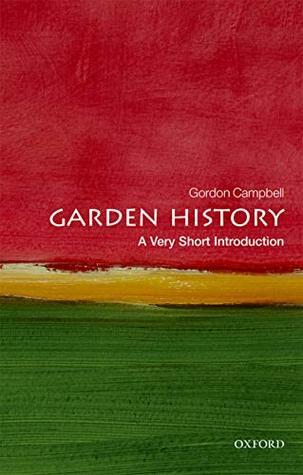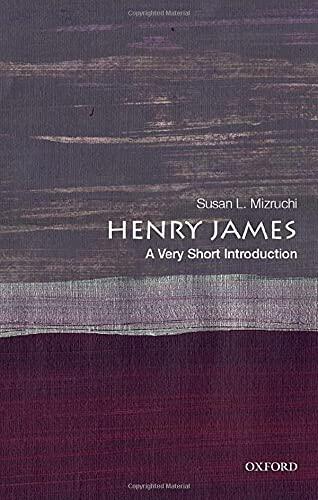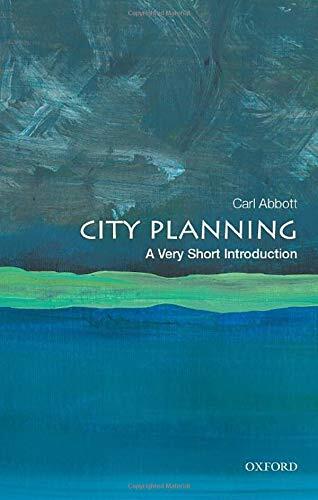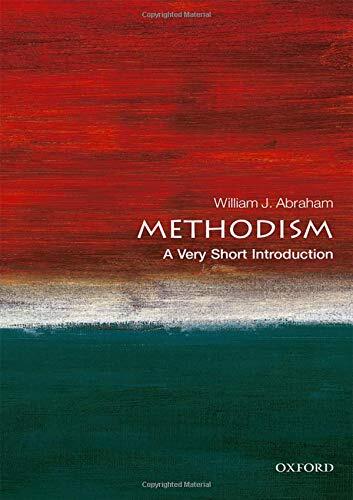
Garden History: A Very Short Introduction
No ratings yet
History
Format
Paperback
Pages
192
Language
English
Published
Apr 28, 2019
Publisher
Oxford University Press
ISBN-10
0199689873
ISBN-13
9780199689873
Description
Gardens have long been a source of inspiration and tranquility, reflecting the diverse cultures and histories of the societies that cultivate them. In this exploration, the reader is invited to journey through the evolution of gardens, from ancient landscapes to modern designs, revealing how they have been shaped by social, religious, and aesthetic considerations. Each garden stands as a testament to the values and beliefs of its time, encapsulating notions of beauty, utility, and harmony with nature.
The author delves into the various purposes that gardens have served throughout history, whether as sanctuaries for contemplation or as vibrant venues for social interaction. These green spaces are more than just a collection of plants; they are complex ecosystems that offer insight into human creativity and the environment. From botanical gardens to private courtyards, the designs reflect the interplay between nature and human ingenuity.
Readers will come to appreciate not only the aesthetics of gardens but also their significance in broader historical contexts. The work encourages a deeper understanding of how these spaces can influence cultural practices and individual experiences, inviting them to see gardens as living narratives that evolve over time.
The author delves into the various purposes that gardens have served throughout history, whether as sanctuaries for contemplation or as vibrant venues for social interaction. These green spaces are more than just a collection of plants; they are complex ecosystems that offer insight into human creativity and the environment. From botanical gardens to private courtyards, the designs reflect the interplay between nature and human ingenuity.
Readers will come to appreciate not only the aesthetics of gardens but also their significance in broader historical contexts. The work encourages a deeper understanding of how these spaces can influence cultural practices and individual experiences, inviting them to see gardens as living narratives that evolve over time.
Reviews
Reading Log
No reading logs found
Start tracking your reading progress to see logs here
Add Your First Reading LogNotes
Transaction Log
No transaction logs found
Start tracking your book transactions to see logs here
Add Your First Transaction Log


















